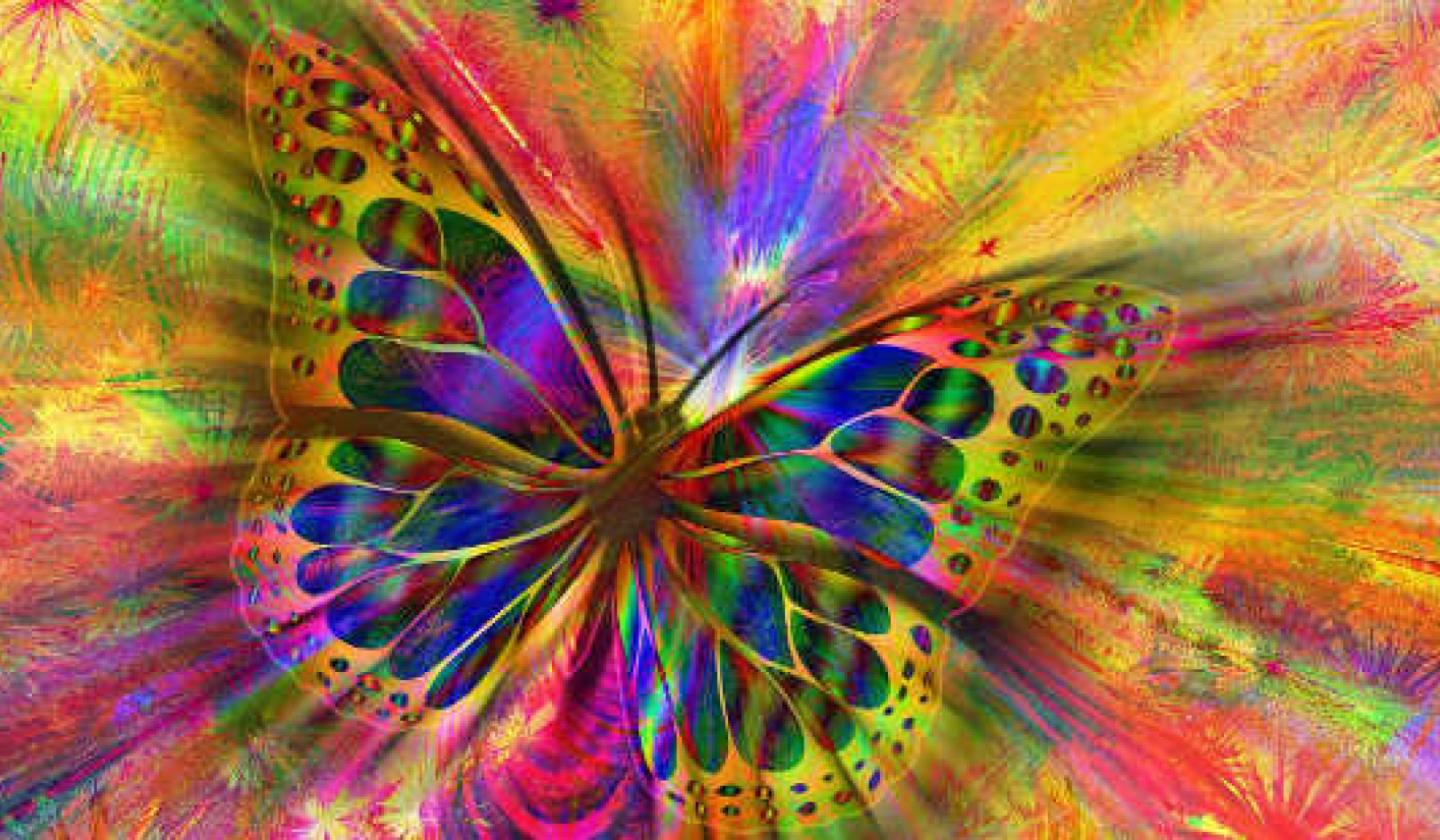
Gratitude is not a magic trick, yet it can make a half-empty glass appear half full. It can transform difficult moments because it has a way of making the littlest things more significant and meaningful. Gratitude can even transform what previously filled us with envy and jealousy.
Scientists have begun to measure the effects of gratitude. For example, researchers from the University of California at Davis and the University of Miami assigned participants in three related gratitude studies to one of three different groups. The first group was instructed to pay attention to and keep track of daily hassles, annoyances, and irritants. The second group was instructed to notice experiences of gratitude as they were happening and to make a list of these. The third group was the control group; this group noted neutral life events. All participants also tracked their moods, time spent sleeping, and time spent exercising.
The study found that those who paid attention to experiences of gratitude were 25 percent happier than those who paid attention to daily annoyances. The gratitude group also reported more optimism and spent more time exercising than the other two groups. The researchers concluded, “The effect on positive affect appeared to be the most robust finding. Results suggest that a conscious focus on blessings may have emotional and interpersonal benefits.” No wonder the practice of gratitude is an effective clinical intervention for depression.
Has Gratitude Touched You Today?
What forms of gratitude have touched you today? Yesterday? This past week? If none come to mind, don’t be hard on yourself. Even the most beautiful view can be taken for granted when you see it every day, just as the blessing of good health commonly goes unappreciated.
In Zen Buddhism, there is a term for overcoming the tendency to overlook all the graces that surround us. It is “beginner’s mind” or “don’t-know mind,” and it’s a reminder to constantly let go of all our preconceived ideas. Beginner’s mind asks us to contact and experience whatever is happening as if for the first time — be it a sunset or greeting our loved ones when they come home at the end of the day. Don’t-know mind opens us to the possibility that the next sixty seconds will unfold with their own beauty and wonder. This is an exciting way to approach life, because as Zen master Shunryu Suzuki writes, “In the beginner’s mind there are many possibilities, but in the expert’s there are few.”
Gratitude Helps Cope with Life's Difficulties
Locating gratitude is a way to cope with life’s difficult, stressful, and negative experiences. Gratitude is not only what we feel inwardly but also what we express toward others. In this way, we strengthen the bonds of our relationships. Try making a moment of gratitude part of a mealtime blessing. This can give the entire family an opportunity to express thankfulness while learning more about one another’s daily experiences.
Gratitude is a potent vaccine that inoculates us against negativity. If you are feeling any kind of negative emotion, you can counteract it in the next sixty seconds by noticing something for which you’re grateful. Use the next minute to ask others what they are grateful for. Gratitude is a means of overcoming short-term pleasure seeking. It lets us tap into deeper and more sustainable ways of experiencing fulfillment. Besides, when we’re grateful for what we already have, we don’t have a reason to be disappointed.
Gratitude Practice
Here is a gratitude practice that can have an immediate impact on your life.
Every three or four days, look back over that time period and write down three to five things that happened at home for which you are grateful. This could be appreciation for a kind act someone did for you or for any of the little things in your life — that comfortable chair, the flavor of a particular food, the book you are reading, the music you love, the hot water in your shower. (You are not limited to five items.)
Do this for a four-week period to see how it affects your life. You might even track how gratitude impacts your mood, your sleep, how you eat, exercise, and interact with others.
©2011. Reprinted with permission of the publisher,
New World Library, Novato, CA. www.newworldlibrary.com
Article Source
 One-Minute Mindfulness: 50 Simple Ways to Find Peace, Clarity, and New Possibilities in a Stressed-Out World [Paperback]
One-Minute Mindfulness: 50 Simple Ways to Find Peace, Clarity, and New Possibilities in a Stressed-Out World [Paperback]
by Donald Altman.
Click here for more info and/or to order this book on Amazon.
About the Author
 Donald Altman is a psychotherapist and former Buddhist monk. Born in Chicago, he now resides in Portland, Oregon, where he teaches at Portland State University as an adjunct faculty member of the Interpersonal Neurobiology Program, and is an adjunct professor at Lewis and Clark Graduate School of Education and Counseling. Donald also serves on the board of directors of "THE CENTER FOR MINDFUL EATING." In addition to bringing practical mindfulness skills and strategies to anyone wanting a less chaotic life, Donald also travels around the country teaching therapists and professionals how to use clinical mindfulness interventions for anxiety, depression, and stress. Visit his website http://www.mindfulpractices.com
Donald Altman is a psychotherapist and former Buddhist monk. Born in Chicago, he now resides in Portland, Oregon, where he teaches at Portland State University as an adjunct faculty member of the Interpersonal Neurobiology Program, and is an adjunct professor at Lewis and Clark Graduate School of Education and Counseling. Donald also serves on the board of directors of "THE CENTER FOR MINDFUL EATING." In addition to bringing practical mindfulness skills and strategies to anyone wanting a less chaotic life, Donald also travels around the country teaching therapists and professionals how to use clinical mindfulness interventions for anxiety, depression, and stress. Visit his website http://www.mindfulpractices.com





























